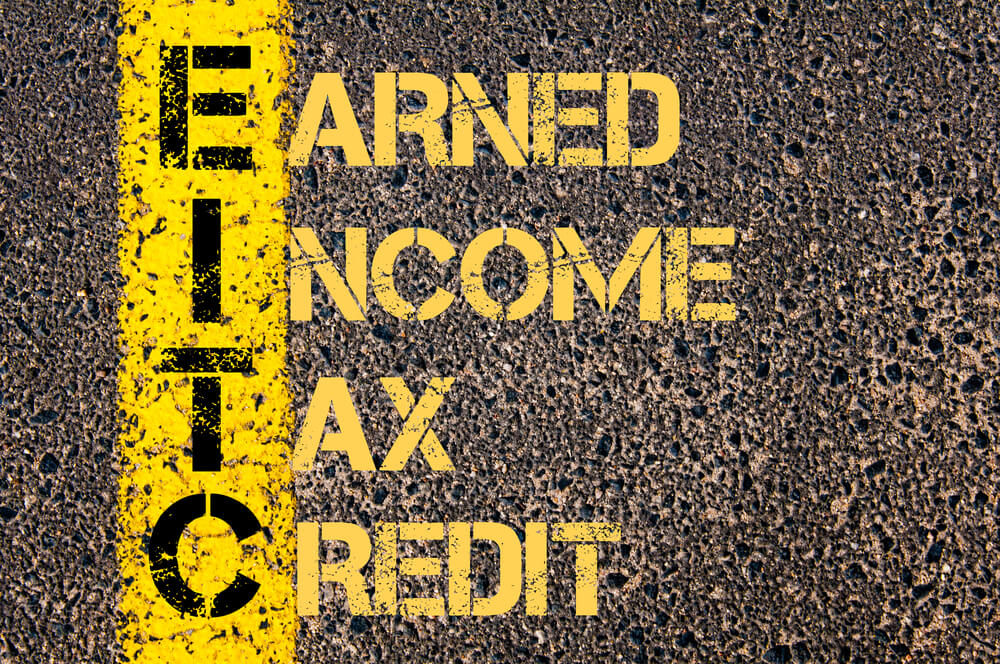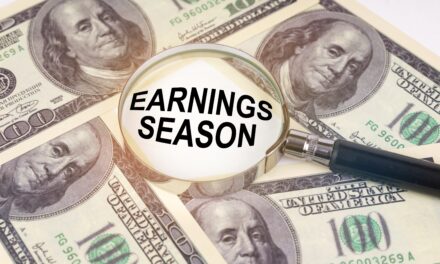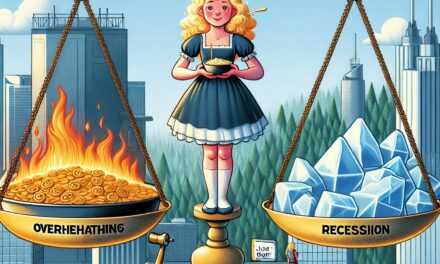Legendary Wall Street veteran Warren Buffett, who is the third-richest person in the world, said in a recent interview that the best way to combat growing wealth inequality in the U.S. is through the Earned Income Tax Credit.
“(I) think the Earned Income Tax Credit is the best way to put money in the pockets of people that don’t fit well under the market system, but that are perfectly decent citizens.”
“(I) think the Earned Income Tax Credit is the best way to put money in the pockets of people that don’t fit well under the market system, but that are perfectly decent citizens,” Buffett said in a wide-ranging interview with Yahoo Finance.
The Earned Income Tax Credit is a refundable credit that goes to millions of low- and middle-income U.S. workers, particularly those with kids, to supplement their incomes. A big reason Buffett is touting it as the way to help reduce income inequality is because it rewards people who work.
“I also think you want them to have a feeling of accomplishment,” he said.
Per Yahoo Finance:
The EITC, he argues, is also more effective than raising the minimum wage.
“They just need more cash. They don’t need a higher wage; they need more cash in their pocket. And the government, at relatively low cost, can provide a decent living for anybody that’s … that’s working 40 hours a week, and has a couple of children. And we’ve gone in that direction, and it’s sort of bipartisan,” Buffett said.
Buffett also thinks that the EITC would be better as a monthly payment than an annual one.
The bottom line is that raising the EITC can help more people feel part of the economic system, Buffett suggested.
“I think there are various things you could do, but you want them to feel part of the system, and as more and more of these golden eggs are laid,” he said, “you want them to get a little more of their share.”
In 2017, more than 29 million Americans received the EITC, according to a January 2019 analysis of Census data from the Center on Budget and Policy Priorities. That extra tax credit lifted the incomes of nearly 9 million Americans above the poverty line.




